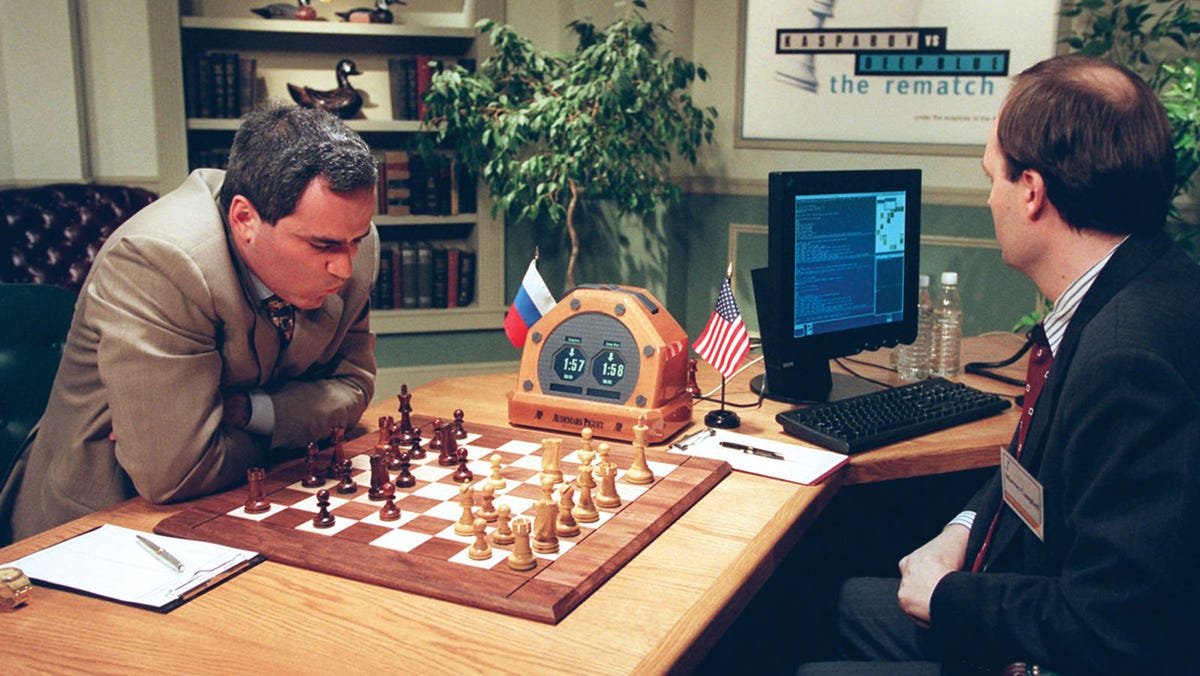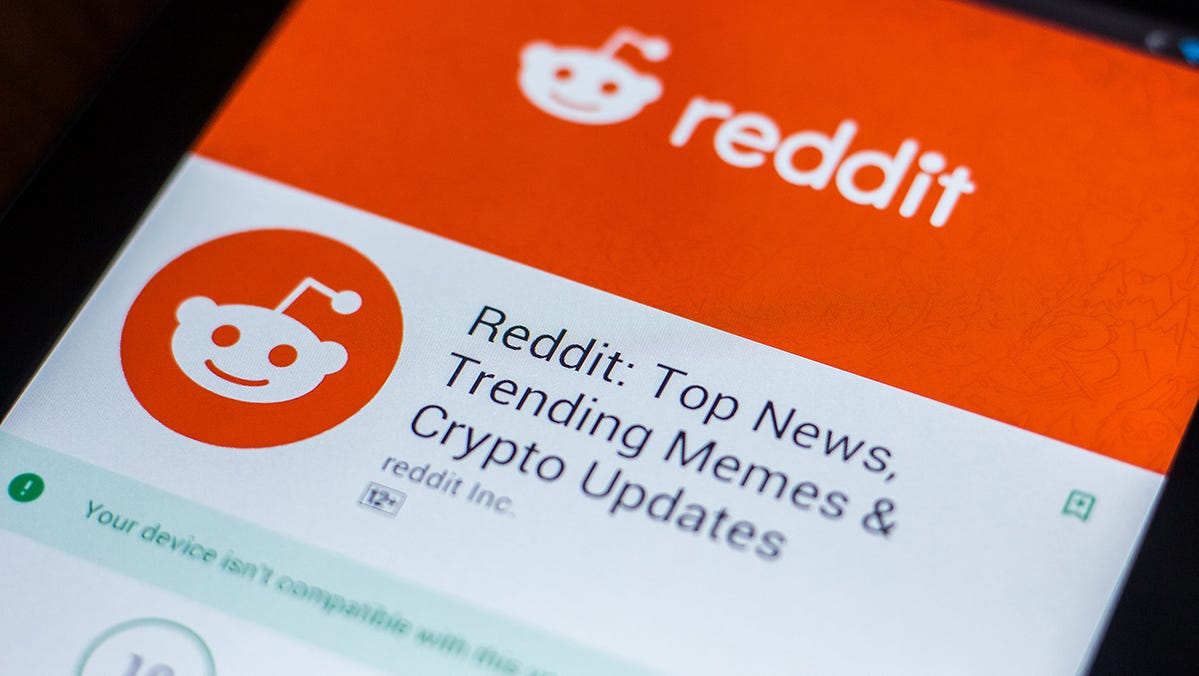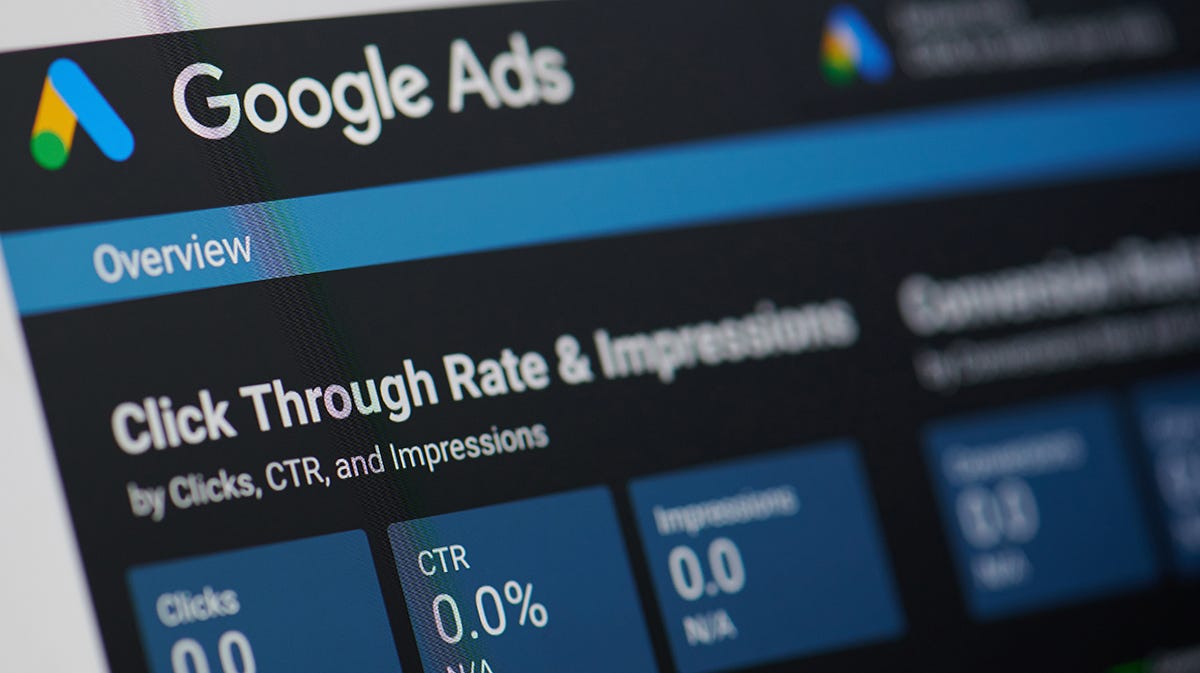Marketing BS: Competing Algorithms
Good morning,
Today’s essay looks at TikTok, the power of algorithms, and more.
How do you market a country instead of a company? This week’s interview features smart insights from Jon Mamela, the CMO of Destination Canada (a partnership that’s focused on growing tourism in the greater Toronto area).
—Edward
Going Viral
How (and why) do certain videos “go viral” on TikTok?
Many people believe that social media success hinges on “very sophisticated algorithms.” A recent article in Bloomberg, though, reveals that achieving TikTok virality is not exclusively the result of an advanced AI system, but rather a “highly managed curation process.”
Journalist Shelly Banjo described how one song — Savage by pop rapper Megan Thee Stallion — became one of TikTok’s biggest hits. (Note: the quote refers to the artist by her real name, Megan Pete).
The success of Savage... resulted from a savvy marketing campaign, where TikTok’s management analyzed user data and advised Pete’s label on how to promote her, eventually landing on the infectious hit as the best vehicle to do so. Social media has always been less spontaneous than it appears, but from its inception, TikTok has been even more controlled than competing apps. Company executives help determine which videos go viral, which clips appear on the pages of personalized recommendations, and which trends spill out from the app to flood the rest of the world...
Pete’s record label, 300 Entertainment, was working with TikTok to promote her album Suga early last year, right before the Covid pandemic hit. The label initially picked a focus of its campaign—the song Captain Hook. But TikTok urged the label to put five tracks on the platform to monitor various metrics before committing to a song. Almost immediately, TikTok users took to another track, Savage. The rate at which users were saving snippets of the song to their private “sounds” folders for future use was “growing exponentially,” says Isabel Quinteros Annous, TikTok’s head of music partnerships. Then, she says, TikTok deliberately let the song “simmer” on the app for a number of days before placing it in the all-important playlists and banner ads at the top of its search page and sound library, where users select music for videos. “We held promo levers to just let the sound mature to the right point where then, when we pulled everything we had against it, it just propelled it to No. 1,” she says.
TikTok’s “managed curation” is not just a strategy for Grammy Award-winners like Megan Thee Stallion. On TikTok (like Instagram), there are tiers of creators with millions of followers; although these people are not “mainstream pop culture” famous, they are highly influential within certain communities. The Bloomberg article explains how TikTok supports these creators by providing directions to capture greater attention:
Top users receive weekly emails with instructions on which videos to make to increase their exposure, says Gabby Murray, a 19-year-old TikTok creator from Florida with 8.5 million followers, who makes about $20,000 a month on TikTok. “I actually tested it out,” she says of a mirror filter her manager asked her to promote that allows users to clone their face. “The videos did super well. It wasn’t something I would typically post, but I just wanted to try it out. Because she said so.” (A TikTok spokesperson says trends still happen organically on the app.)
Think about that last sentence in parentheses: “A TikTok spokesperson says trends still happen organically on the app.” Of course they do! TikTok’s “super algorithm” still exists. At the scale TikTok operates, there is no way that the platform could rely on humans alone — with no algorithms — to review all of the user-created video content and then manage trending topics and personalized suggestions. But the Bloomberg article raises an interesting point: despite the growing sophistication of AI algorithms, they have not fully replaced human curation.
That point leads us to the question for today’s essay: if the algorithms are so good, why do they still need any human curation at all? To answer that question, we can take a journey through evolution, chess, news consumption, and paid search.
Evolution
What is the “most optimized” species?
I appreciate that sounds like a ridiculous question, but bear with me.
Today, humans obviously dominate the planet. But our longevity as a species (~5–7 million years for human ancestors and ~200,000 for modern humans) pales in comparison to turtles (~250 million years). In terms of strength relative to body mass, ants and beetles are at the top of the list. Eagles can spot a rabbit from two miles away and owls can see very well in the dark.
Aside from humans, chimpanzees are likely the smartest animals; despite their great intelligence, there are not many of them left in the world. How could that be? And think about the animals that ARE in abundance — many of them have been domesticated. Does that mean dogs, pigs, cows, and chickens are more “optimized” than wolves, warthogs, bison, and pheasants? In one sense they are: they have been optimized to provide value for humans.
But what do we mean by “optimization”? Non-optimized species have gone extinct or changed into optimized ones. On some level, EVERY species is equally optimized to exist for one thing — they are all just optimized for different conditions. They are also optimized for the openings left by other species.
If, for example, most species were similar in body and behavior to wolves, then there would be a clear opportunity for squirrels: no one else is going after acorns.
Imagine that social media platforms are the wolves in a competitive marketplace. They are all optimized for a specific thing: algorithms that hold users’ attention. TikTok is part of that fierce competition. But, the company is trying to get ahead not just by developing a more sophisticated algorithm (wolf behavior), but rather trying something different — human curation (squirrel behavior).
Chess
The first chess computers were created in the 1970s. They were…not very good. After many, many iterations, the computers developed enough competence to play games against real humans. With each advancement in pure computational power and programmed chess strategy, the machines could defeat humans of higher and higher levels of skill — from complete novices to competitive amateurs to elite grandmasters. In 1997, IBM’s Deep Blue chess-playing computer famously beat the reigning World Champion Garry Kasparov.
At that point in time, many experts believed that humans were no longer relevant in the game of chess — the algorithms were the new grandmasters. But it was not to be.
While chess AI kept improving — and could easily defeat any human competitor — the computers COULD be beaten. In a format called “centaur” or “freestyle” chess, a team of humans worked together; they also had access to multiple computer AI programs. These human/computer hybrid teams could defeat any AI algorithm working alone. (Note that the era of centaur chess ended a few years ago with AlphaZero, an advanced computer AI that is capable of beating all other AI programs, as well as hybrid teams.)
TikTok’s algorithm is very, very good — and likely better than anything that could be managed by humans alone. But just like Deep Blue, teams of humans working with the algorithms can result in even better performance.
News Consumption
What is the best way to stay up to date on the news? Some people live by The New York Times, The Washington Post, or The Economist. Others might use Reddit, HackerNews, or their Facebook newsfeed. No matter your preferred method, though, you are at the mercy of some form of algorithm: Facebook’s engagement filter, fellow Redditor preferences, the NY Times editors, or something else. Each list of content is optimized for different things — just as both a wolf and squirrel are optimized for different things.
If you want to discover the best news (relevant to your interests), then you should consider using multiple algorithms. Even if the NY Times is your absolute favorite media outlet, you will probably find the top listing on your personalized Reddit page more interesting than the 15th article recommended by the NY Times on any given day.
By combining algorithms that optimize for different things, you will encounter more diverse results; consequently, you are more likely to find what is “best” for any given circumstance.
Paid Search
Google tries to place the “best” information at the top of their search results. To accomplish that goal, Google’s algorithm collects and evaluates millions of datapoints: the number of links pointing to a page, search terms in context, loading time in milliseconds, how long visitors spend on a page, how many searchers seek out a specific page, etc.
Over time, Google has developed a sophisticated search algorithm — but it’s not perfect.
In the early days of internet search, Yahoo relied on individual people — initially just the two founders — to manually search the web and then build listings. Even today, Google uses a somewhat similar approach; the company employs a team of more than 10,000 “raters” who judge the quality of search results. So Google’s base search results are already a function of teamwork between AI and humans.
But Google also runs another algorithm in parallel: paid search.
Paid search listings are NOT determined by factors like the number of links or the time spent on a website. Instead, paid search results are largely determined by the fees that companies are willing to pay in order to secure a coveted spot at (or near) the top of a list. But even that description is a simplification — factors other than money still matter. Google assigns each bidder a “quality score” that determines how much the company must bid to appear in the search results. So, the paid search results are ALSO the result of a relationship between humans and AI. In this case, the humans are competing against each other with bids that signal how valuable they find a given listing; in addition, they are partnered with an algorithm that effectively adjusts those bids based on Google-defined criteria.
Many people complain that paid search listings “pollute” the algorithmically defined listings. But that idea is only true if you believe the organic listings are “perfect” (like the AlphaZero chess system). And even if you believe the organic listings are “better on average” than anything that could be developed from competitor bids, you still might find that the existence of paid search ads improved the overall diversity and listing quality. As I wrote in “In Praise of Advertising”:
Paid ad listings are not better or worse than organic listings — they are just selected in a different way. As previously mentioned, organic listings favor older and more established companies. The paid listings, on the other hand, are selected on the basis of their ability to monetize at high rates per click (partially because those companies have high enough margins, but also because the ads meet customer needs through high conversion from view to purchase).
Let’s apply this concept to Amazon. As the company increases its share of paid placements, we might discover that the combination of the two algorithms results in better search results than relying on Amazon’s “non-paid” (and, frankly, pretty terrible) algorithm on its own. The lower the quality of the base algorithm, the more improvement you will see by combining it with a new algorithm built on a different optimization method.
One final example: Overture.com was a search engine from the late 1990s. Their business model relied on paid search; in fact, 100% of its search results came from paid placement. Overture’s strategy was great for monetization, but decidedly not great for the user experience.
We’ve reached the point in many industries where humans alone cannot compete with optimized algorithms. But in most cases where we need to make selections of rankings, we are much closer to the centaur years of chess than the current AlphaZero world of AI domination. And we will be for a long time.
Keep it simple,
Edward
Edward Nevraumont is a Senior Advisor with Warburg Pincus. The former CMO of General Assembly and A Place for Mom, Edward previously worked at Expedia and McKinsey & Company. For more information, including details about his latest book, check out Marketing BS.





